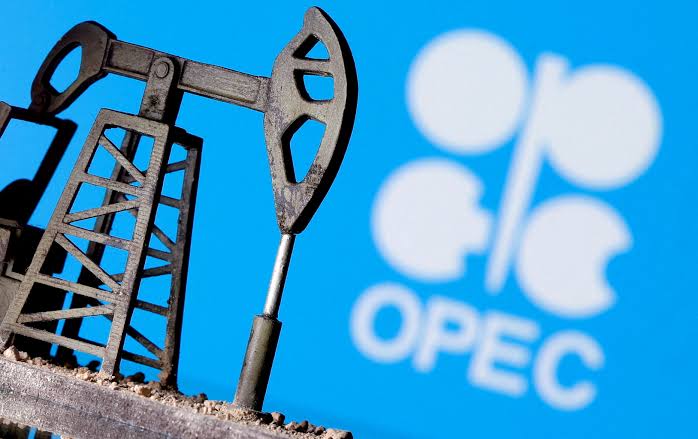Nigeria's annual expenditure of approximately ₦18 trillion on crude oil production has raised significant concerns among stakeholders, particularly regarding the nation's economic sustainability and the efficiency of its oil sector. Several critical issues contribute to this apprehension:
Crude Oil Theft and Vandalism: The Nigerian Extractive Industries Transparency Initiative (NEITI) reported that between 2009 and 2020, Nigeria lost about 619.7 million barrels of crude oil, valued at $46.16 billion, due to theft. This persistent problem not only diminishes revenue but also discourages investment in the oil sector. Stakeholders argue that addressing crude oil theft should be straightforward, yet it remains a significant challenge, suggesting possible complicity and systemic issues within the industry.
Underinvestment in Oil Infrastructure: The federal government acknowledges that insufficient investment in oil infrastructure has adversely affected Nigeria's crude oil production capacity. Factors such as aging pipelines, inadequate maintenance, and security challenges have led to a decline in production levels, preventing the country from meeting its OPEC production quotas. This underinvestment hampers the sector's growth and the nation's revenue generation.
Environmental Degradation and Community Unrest: Decades of oil exploration have resulted in significant environmental damage, particularly in regions like Ogoniland. The contamination of farmlands and water sources has led to health issues and loss of livelihoods among local communities. Recent plans by the government to resume oil production in these areas have been met with protests from environmental groups, who demand comprehensive cleanup efforts and meaningful engagement with affected communities before any further drilling activities.
Economic Reforms and Policy Shifts: In an attempt to stabilize the economy and reduce dependence on foreign exchange, the Nigerian government has initiated policies such as selling crude oil to local refineries in naira. This move aims to strengthen the local currency and support domestic refining capacity. However, its success depends on effective implementation and the ability of local refineries to meet domestic fuel demands.
The convergence of these issues underscores the need for comprehensive reforms in Nigeria's oil sector. Addressing crude oil theft, increasing investment in infrastructure, engaging with local communities to mitigate environmental impacts, and implementing sound economic policies are crucial steps toward ensuring the sector's sustainability and its positive contribution to the nation's economy.

.jpg)









